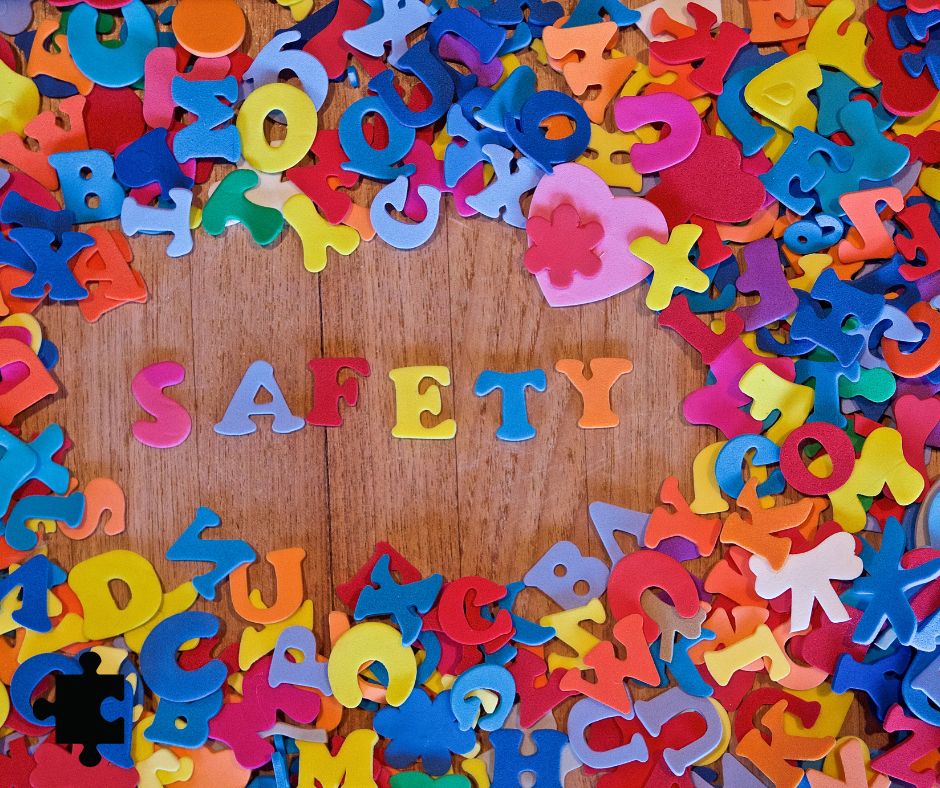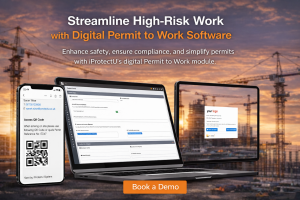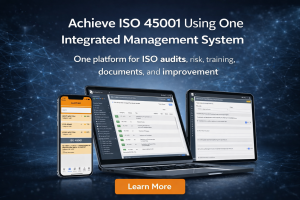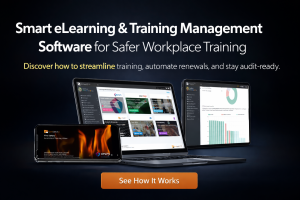Why July 24th?
The date of July 24th reflects the fact that psychological safety should be 24/7, it should be a continuous effort, not limited to one single day. Organisations should prioritise and enable psychological safety. It is important to foster environments where individuals feel safe to speak up, share their ideas, ask questions, and voice concerns without fear of repercussions or harassment.
Project Aristotle
Project Aristotle was a Google study, its objective was to uncover the secret to successful teamwork. Data from 180 teams was analysed by researchers, they anticipated factors like individual talent to be key. However, they found that psychological safety was what mattered most to team performance, productivity and engagement. This means feeling safe to take risks, experiment and share ideas. It was evident that psychologically safe teams outperformed those where fear of judgment may have stifled creativity. This discovery led Google to prioritise creating environments where team members felt safe to share ideas and take risks.

Fearless Pioneers List
The inaugural ‘Fearless Pioneers’ list recognises leaders who champion the concept of psychological safety in the workplace. These ‘pioneers’ inspire people to create safer workplaces, through sharing their valuable insights.
How Leaders can create a Fearless Workplace
Provide clear expectations and be transparent about decisions. This encourages employees to speak up and builds trust.
Offer employees mental health resources; it is important to prioritise their well-being and encourage a healthy work-life balance.
Encourage open communication. Mistakes are a part of working life; make it clear that employees won’t be punished when these inevitably happen.
Cultivate a culture of respect where all workers feel comfortable contributing, and where diverse ideas are valued. Employees should feel empowered to ‘think outside the box’.
The benefits of a psychologically safe workplace are evident across various dimensions and include employee wellbeing, learning and collaboration, creativity, resilience and business performance.
Psychological safety is not a one-day event. It should be a continuous journey. Leaders, assess your company culture and identify areas for improvement. Employees, advocate for open communication and voice your concerns and ideas. Let’s all take action together, so we can create a workplace culture where everyone feels valued, safe to speak up and encouraged to work to their full potential.








